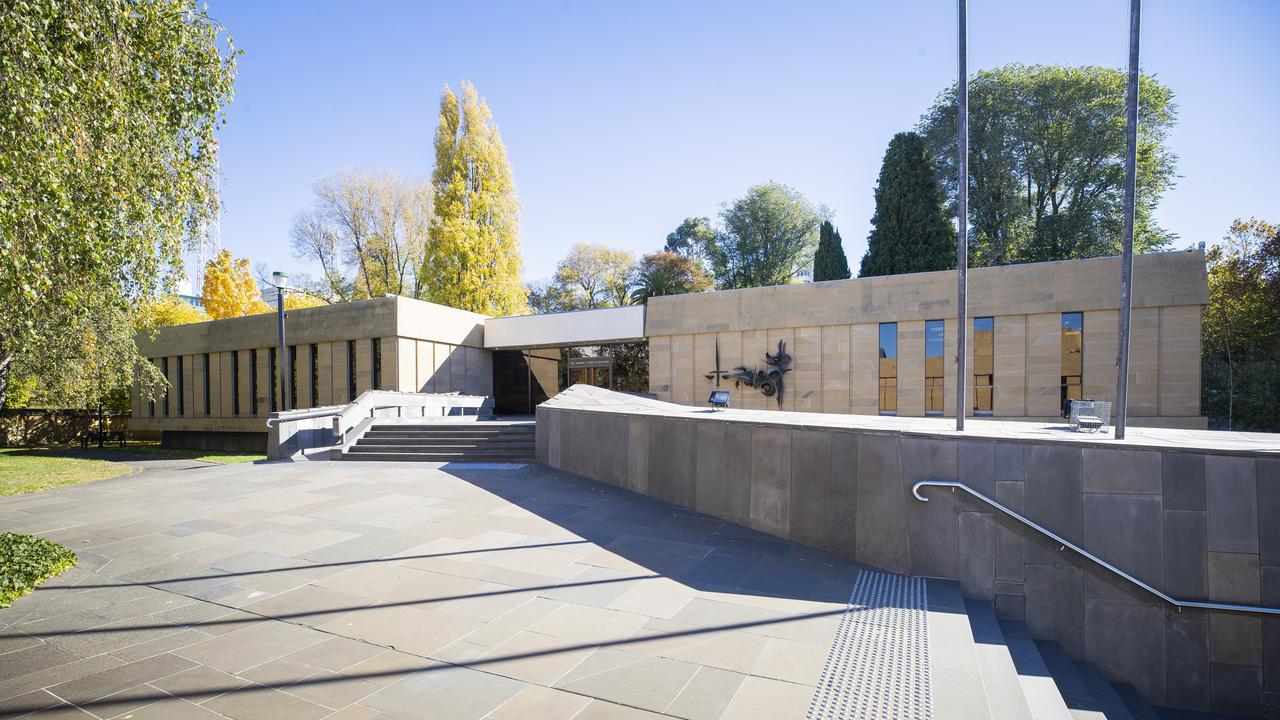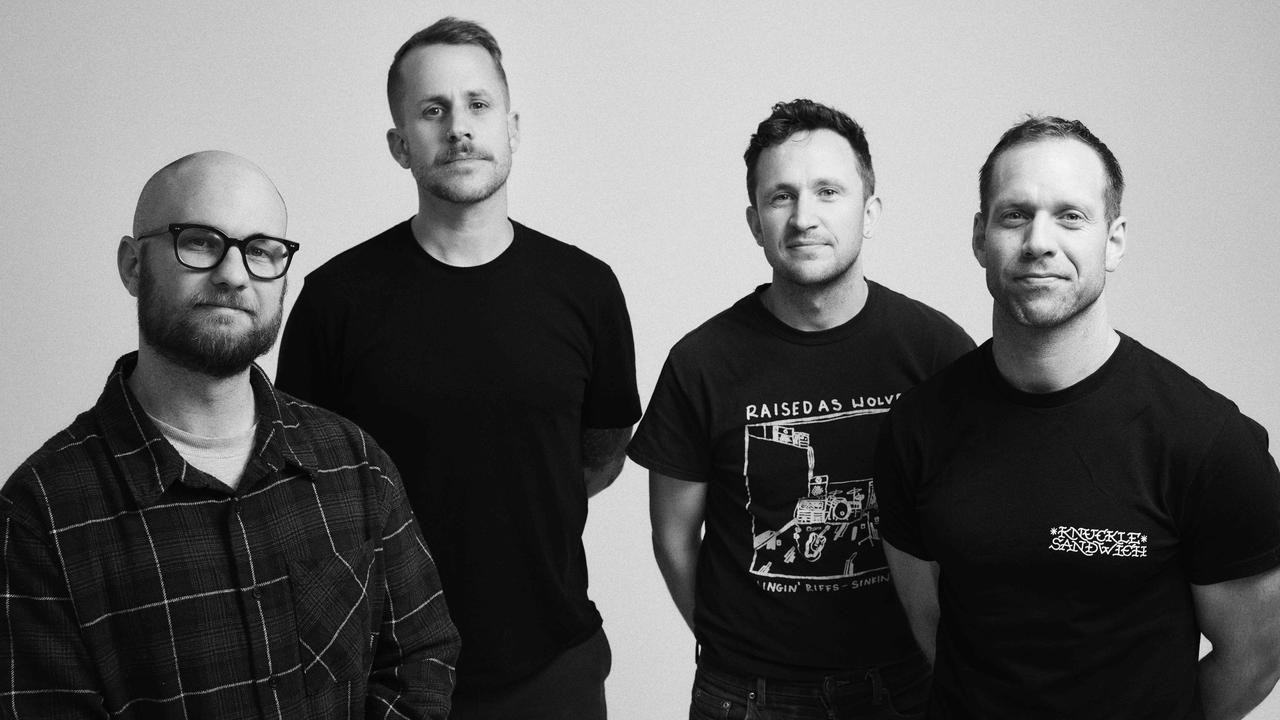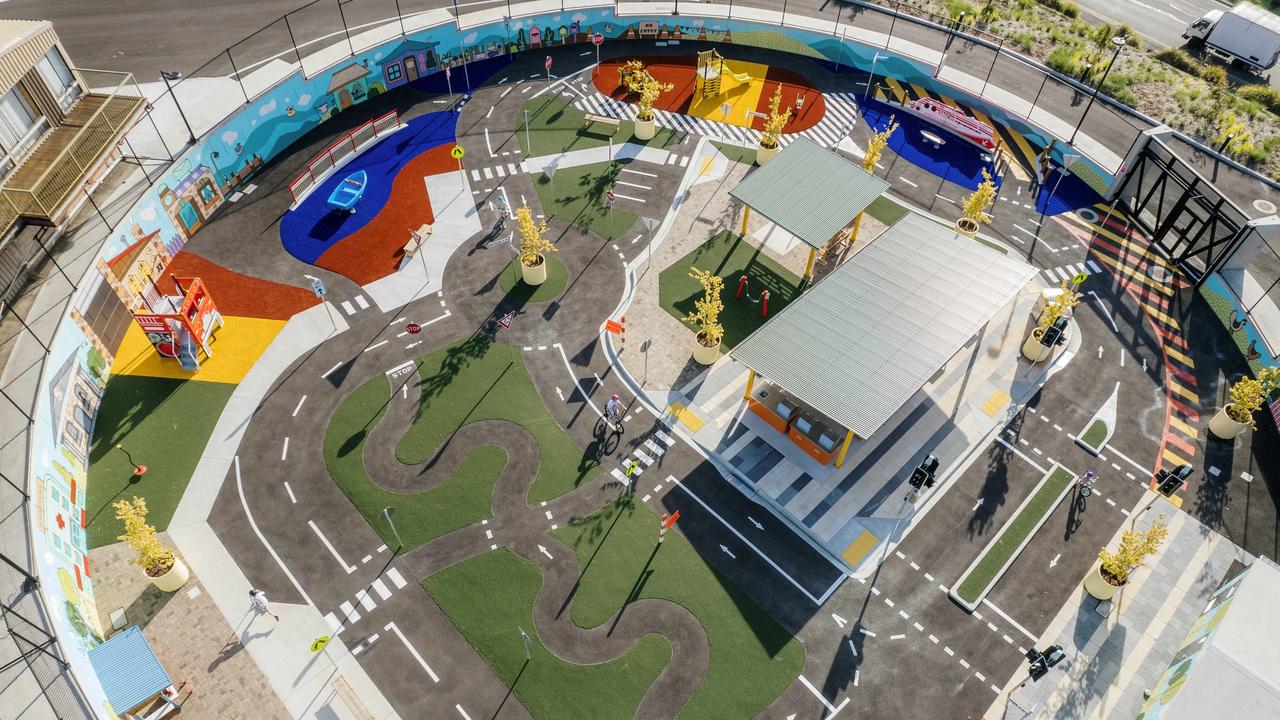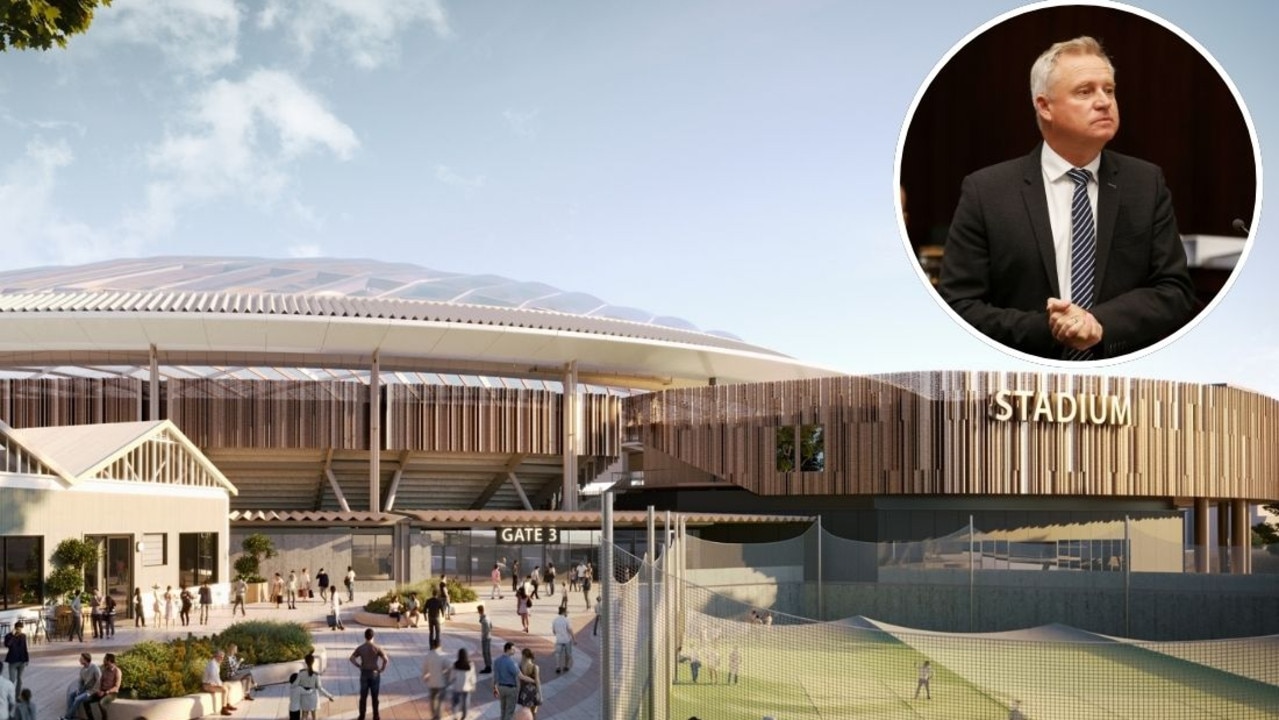Tasmanian government’s half-price public transport fares have not had ‘significant impact’ on patronage
New figures have laid bare the results of Tasmania’s half-price public transport fares as the minister responsible for the initiative concedes it has had little impact on passenger numbers.
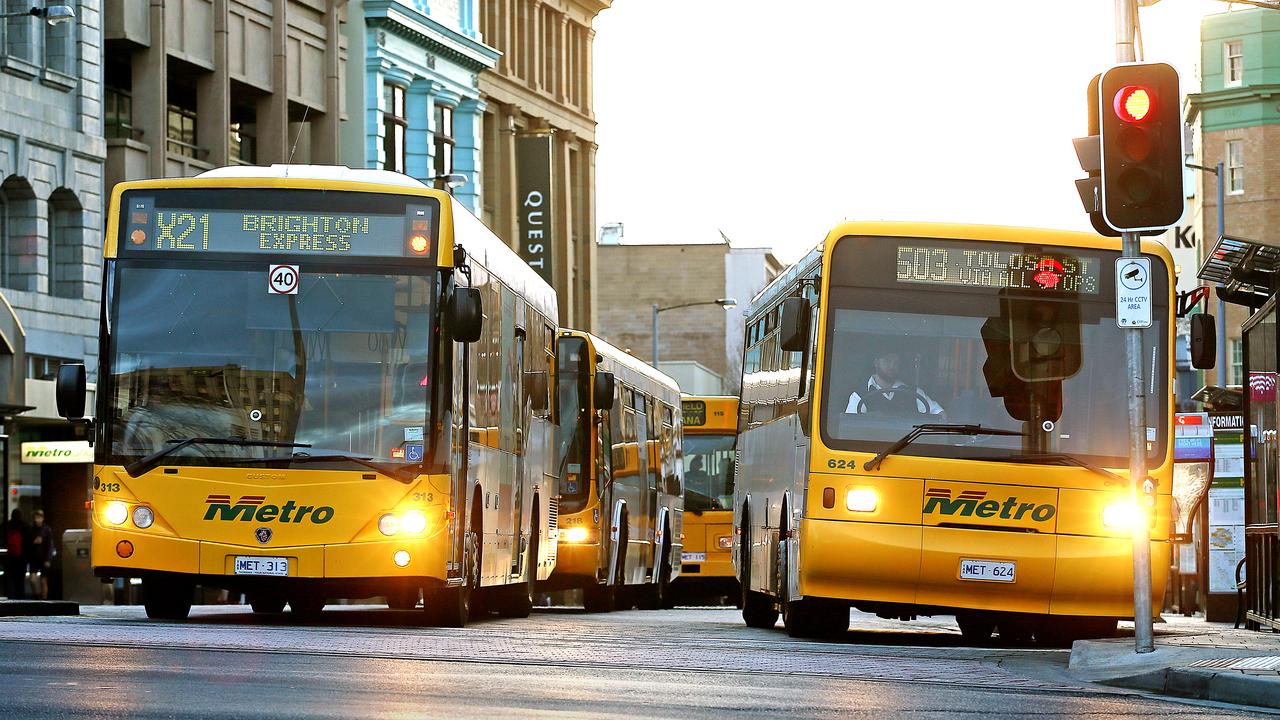
Tasmania
Don't miss out on the headlines from Tasmania. Followed categories will be added to My News.
The state government has conceded its half-price public transport fares have not had a “significant impact” on passenger numbers but Transport Minister Eric Abetz has refused to label the initiative a failure, describing it as “first and foremost a cost-of-living measure”.
According to data obtained by Greens transport spokeswoman Helen Burnet, there were 1.3 per cent less boardings across the Metro Tasmania network in February 2025 than there were in the same month last year, before the cheaper fares were introduced.
The Liberals slashed public transport fares on June 1, 2024 to provide cost-of-living relief, encourage more Tasmanians to catch public transport, and help bust traffic congestion.
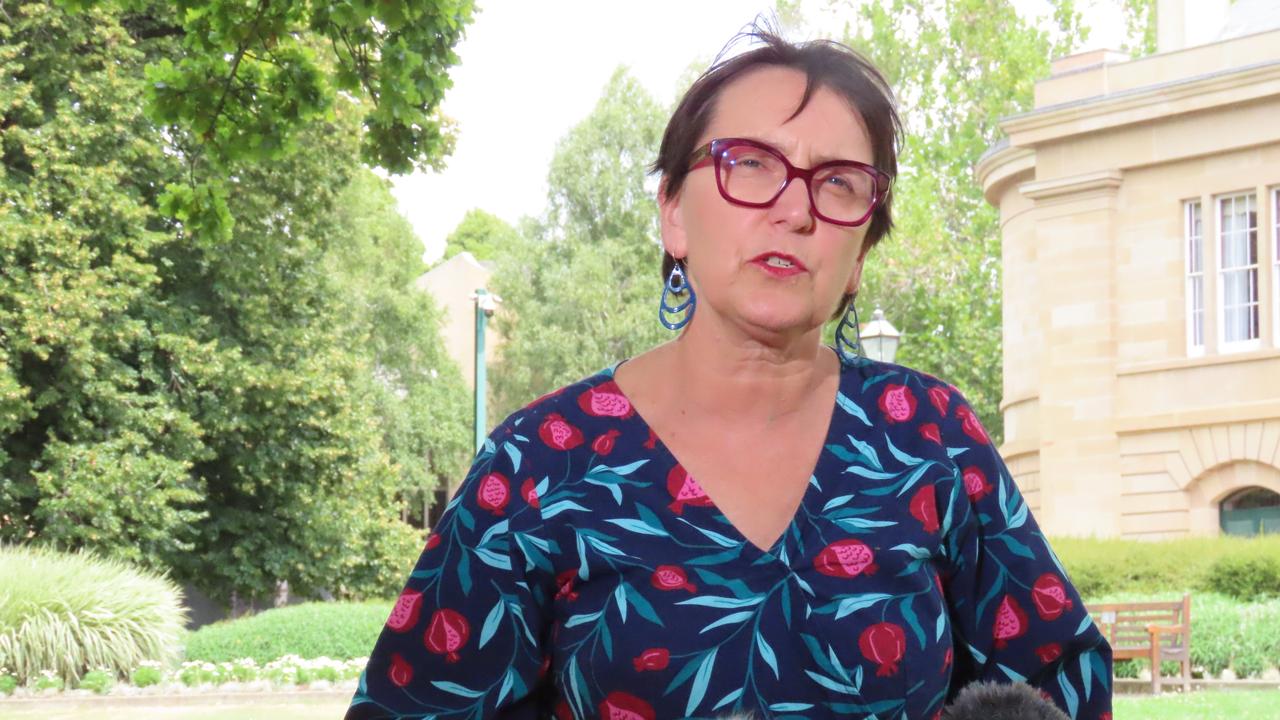
The measure will remain in place until June 30 this year and applies to Metro, Derwent Ferries, and private operators such as Tassielink, Kinetic, Manions’ Coaches, Calow’s Coaches, and Area Connect.
In a response to a question on notice from the Greens, Mr Abetz admitted that half-price fares had not led to an uplift in public transport usage.
“Boardings data from Metro Tasmania shows that half-priced fares have not had a significant impact on the number of boardings on Metro services since they were introduced,” he said.
“However, there is some anecdotal evidence from intercity and non-urban operations that longer distance services with higher fares have experienced an uplift in patronage over the half-price fare period.”
Ms Burnet said it was “disappointing” that the policy did not seem to have improved public transport patronage levels.
“Fare reductions are a great idea to relieve cost of living pressures, curb congestion and decrease carbon emissions. But they need to go hand-in-hand with service improvements to make a real impact. Tasmanians can’t trust Metro buses to arrive on time, or get them where they need to go,” she said.
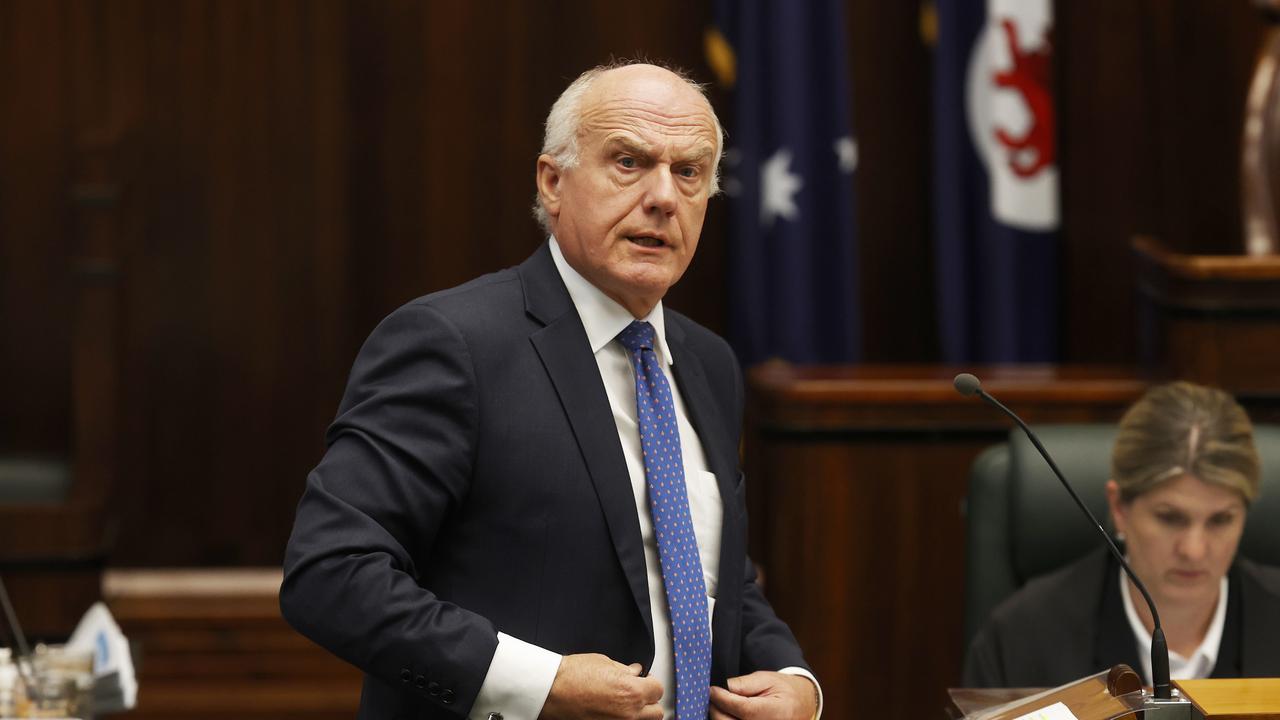
“The Liberals aren’t looking to real solutions to increase public transport usage, like delivering free, frequent and reliable bus services. Instead they’re focused on selling off Metro. They need to get their priorities straight.”
Mr Abetz said the government acknowledged that “certainty and reliability is paramount” for public transport users.
“This is why we have rolled-out real time tracking and are supporting Metro to improve driver retention and recruitment,” he said.
“We’re also investing across the board to incentivise Tasmanians to catch public transport using our common ticketing scheme, delivering more park and ride facilities and bus shelter upgrades across the state.
“Our half-price bus fares are first and foremost a cost-of-living measure designed to save commuters up to $17.50 per week – over $800 in savings a year – making a real difference to the hip pocket of Tasmanians.”
More Coverage
Originally published as Tasmanian government’s half-price public transport fares have not had ‘significant impact’ on patronage





